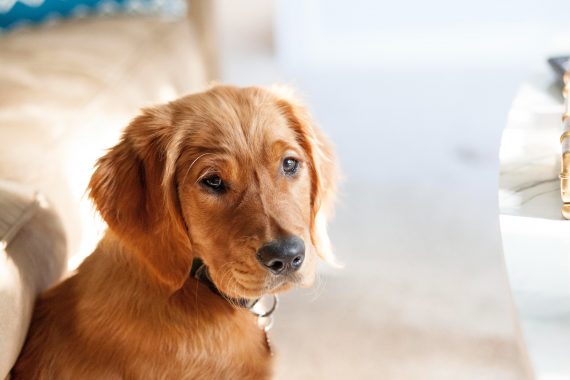Rewarding your dog in the right way
 Humans love to be rewarded. Whether through food, drink, money, a certificate or even a trophy – we love the warm feeling that comes with being recognised. Well, the same goes for our dogs. Just like us, they absolutely love to be praised, and what’s more it can play an essential role in dog training, if done right.
Humans love to be rewarded. Whether through food, drink, money, a certificate or even a trophy – we love the warm feeling that comes with being recognised. Well, the same goes for our dogs. Just like us, they absolutely love to be praised, and what’s more it can play an essential role in dog training, if done right.
Too much food
Yes, that’s right, there is such a thing as too much food! Rewarding your dog with treats or food constantly can have detrimental effects. One of these is that it can severely harm your dog’s health as too many treats can lead to health problems such as obesity which in turn can lead to problems with their joints affecting their ability to walk or stay stable.
Use their treats in the same way that you would provide chocolate for yourself. Too much of it is bad for you.
Although the packaging may say that the treats are nutritious, they are often not all they seem. They often contain no nutritional benefits for your dog at all, so should be used sparingly. Plus, you don’t want your dog to only obey you for food.
Verbal and Touch rewards
Verbal and touch rewards are vastly underrated.
Verbal rewards are great and are simple to give. Saying things like “good boy or girl” can have a massive impact on how your dog feels about the reward. They see it as a positive praise, and it makes them happy.
Touch rewarding is a great way to also bond with your dog at the same time. Rubbing and patting your dog on certain places such as the chest, behind the ears etc. can trigger the reward chemical (dopamine) to be released in their body which will make them feel relaxed, calm and happier. Touch rewards also help to make your dog feel at ease with you and your physical contact.
Reward frequency
The frequency of the reward that you give should be randomised since it keeps your dog guessing and makes it try harder.
It will also train your dog to put 100% effort into everything you ask it to do. A good example of this in action would be to reward your dog after each correct response and then once they are reliable, randomly reward the responses with a treat and when they haven’t had a treat, use praise.
Rewarding your dog is a not as complicated as it may sound but there is a certain way it should be done in order to ensure that you and your dog have the strongest bond possible.
For further tips and advice and for more information about dog behaviour therapy sessions, training classes, hydrotherapy, physiotherapy and more please visit http://www.witsend4pets.co.uk/or alternatively call us on 0116 244 2455 to book a session.